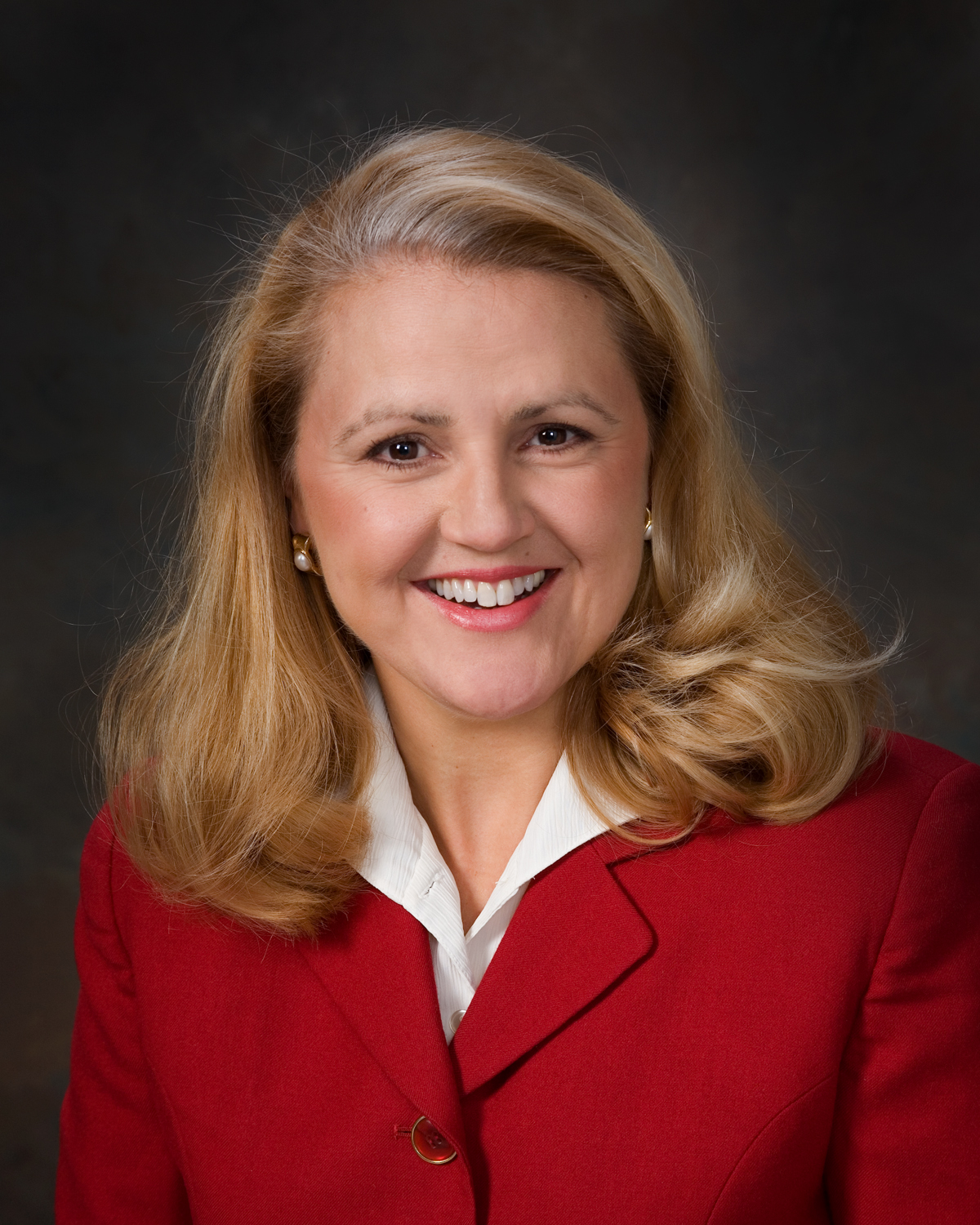Smith: BE PRO LIFE: Be prepared to donate your organs
Monday, June 17, 2013
A 10-year-old child has been fighting for her life.
The attention drawn to the case of Sarah Murnaghan has been because of her critical condition and the policy that separates adults and children in receiving donor organs. While the process governing organ transplantation has been questioned in her battle with cystic fibrosis, the solution lies in addressing supply and demand.
The real issue is the lack of donors.
Sarah got a lung transplant last week, but only after a judge ordered her to be put on the waiting list with adults.
Every 10 minutes, a new name is added to the national organ transplant list. Every day, an average of 18 patients die waiting for a compatible organ with almost 120,000 children, men and women currently seeking organ transplantation. In 2012, there were 14,013 individuals who, upon their death, "gave life" through organ donation to needy recipients.
In 2012, mortality in the United States exceeded 2.5 million.
Granted, not every person who dies is a candidate to be a donor, but the number who identify themselves as organ donors is embarrassingly low compared to the number of people who die.
Sadly, of Americans surveyed, 90 percent support organ donation, 30 percent know the steps through which to go to become a donor, but only 18 percent of the U.S. population has indicated a willingness to be a donor.
The process is not difficult. First, designate your wishes on the back of your driver's license. Notify members of your family, your health care provider, and include your decision in your will, a living will or any other end-of-life directives.
Each state has a very simple online registry at www.donatelife.org, the first point of reference checked upon one's departure from this life. If one's name is not included on a state registry indicating personal consent, the deceased's legal representative - is consulted.
A few misconceptions exist around organ and tissue donation that prevent many from signing up. As a critical-care nurse working in a university transplant program, I heard all sorts of yarns and twists.
Myth: If you're really sick, they'll harvest your organs.
When you're a patient in the hospital, even under the most dire, traumatic circumstances, the priority is to save your life and restore your health. Organ donation is considered only after one is deceased. Whether you identify yourself as an organ donor or not has no bearing on the personal health care you receive as a patient.
Myth: When I die, I have to be buried whole to be complete in the afterlife.
All major religions in the United States support organ and tissue donation. Victims of major trauma in fires, violent natural disasters and time of war are not excluded from a complete after-life. Further, an open-casket memorial remains a choice of the family for the donor and his/her family.
Myth: It's pointless to be a donor. You have to be a celebrity or rich to be a recipient.
The factors that determine the recipients for available organs are: blood type, tissue type, height, weight, length of time the patient has been waiting, the severity of the patient's illness and the distance between donor and recipient hospitals. The list does not reference race, gender, income or social status.
Myth: Our family is not going to pay for someone else's need.
There is no expense to the donor family. The cost is included in the care of the recipient who ultimately receives the transplant.
Our prayers remain with Sarah Murnaghan and her family, along with the hundreds of thousands awaiting a donor. My prayer is that more will become organ donors, an act of love and generosity that truly is selfless and pro-life.
Robin Smith served as chairwoman of the Tennessee Republican Party from 2007 to 2009. She is a partner in the Smith, Waterhouse Strategies business development and strategic planning firm.

